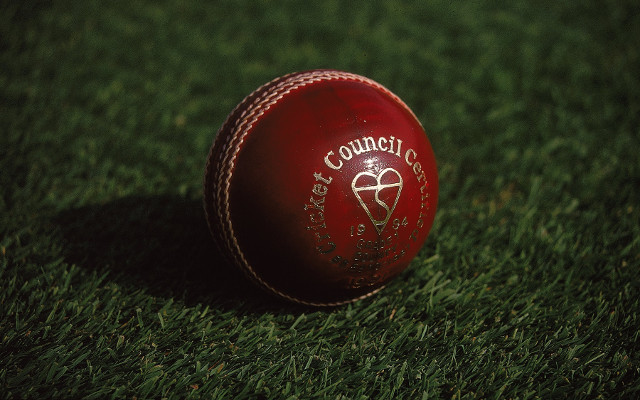The West Indies and Pakistan will have representation on the International Cricket Council’s all-powerful executive committee alongside the “Big Three” nations India, Australia and England, the ICC said on Saturday.
West Indies Cricket Board president David Cameron and Pakistan Cricket Board chairman Najam Sethi were elected at the ICC’s annual conference in Melbourne to the body’s five-member executive committee.
The committee will be chaired by Cricket Australia’s Wally Edwards and also includes new ICC chairman N. Srinivasan and England and Wales Cricket Board chairman Giles Clarke.
Along with England and Australia, India forced through changes last February to the governance of the ICC, which handed the majority of power and revenues to the sport’s “Big Three”.
As such India, England and Australia will have permanent representatives on the executive committee, while the other two members will be elected from the ICC board on an annual basis.
South African David Richardson, who received a two-year contract extension as ICC chief executive, is an ex-officio member of the committee.
The ICC board also ratified the composition of other committees at the conference and Cricket South Africa was the only full member to not gain a representative on any of them.
Clarke will now chair the ICC’s Finance and Commercial Affairs Committee, while New Zealand Cricket director Martin Snedden will chair the Governance Review Committee.
In other decisions made at the conference, which ended on Saturday, a team chaired by Richardson will review the anti-corruption processes.
The conference received an update by former senior British police officer Ronnie Flanagan, the chairman of the Anti-Corruption and Security Unit (ACSU).
“Probably if you look at the state of things today you can count on one hand the number of ongoing investigations and even with that small number it’s doubtful whether more one or two will result in charges being laid,” Richardson told reporters during the conference.
“To me that’s a reflection of the current state of corruption.
“Yes, of course it’s a threat, we have these unscrupulous individuals travelling around the world pitching up wherever cricket is played and we have to make sure we disrupt all their efforts to engage with players, umpires, groundsmen or whatever.
“The overwhelming majority of cricket played is clean and the cricketers who are playing it are clean.”
Former Bangladesh captain Mohammad Ashraful and ex-New Zealand batsman Lou Vincent were this month handed lengthy bans from all forms of cricket for their roles in a Twenty20 match-fixing scandal.
The Netherlands and Nepal were also granted Twenty20 international status, joining six other Associate sides — Afghanistan, Hong Kong, Ireland, Scotland, Papua New Guinea and United Arab Emirates.
The ICC Board also extended the Future Tours Programme (FTP) through to 2023, saying that there was now more certainty around long-term scheduling with a reasonable balance between home and away matches for all 10 Test-playing teams as well as between the three playing formats.

COMMENTS